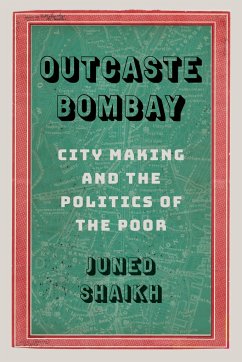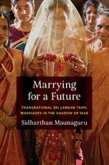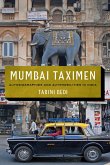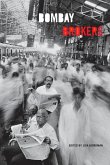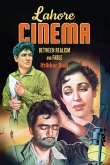"Over the course of the twentieth century, Bombay's population grew twenty-fold as the city became increasingly industrialized and cosmopolitan. Yet beneath a veneer of modernity, old prejudices endured, including the treatment of the Dalits. Even as Indians engaged with various aspects of modern life, including the Marxist discourse of class, caste distinctions played a pivotal role in determining who was excluded from the city's economic transformations. Labor historian Juned Shaikh documents the symbiosis between industrial capitalism and the caste system, mapping the transformation of the city, as urban planners marked Dalit neighborhoods as slums that needed to be demolished in order to build a modern Bombay. Drawing from rare sources written by the urban poor and Dalits in the Marathi language-including novels, poems, and manifestos-Outcaste Bombay examines how language and literature became a battleground for cultural politics. Through its careful scrutiny of one city's complex social fabric, this study provides an illuminating look at issues that remain vital for labor activists and urban planners around the world"--
Hinweis: Dieser Artikel kann nur an eine deutsche Lieferadresse ausgeliefert werden.
Hinweis: Dieser Artikel kann nur an eine deutsche Lieferadresse ausgeliefert werden.

